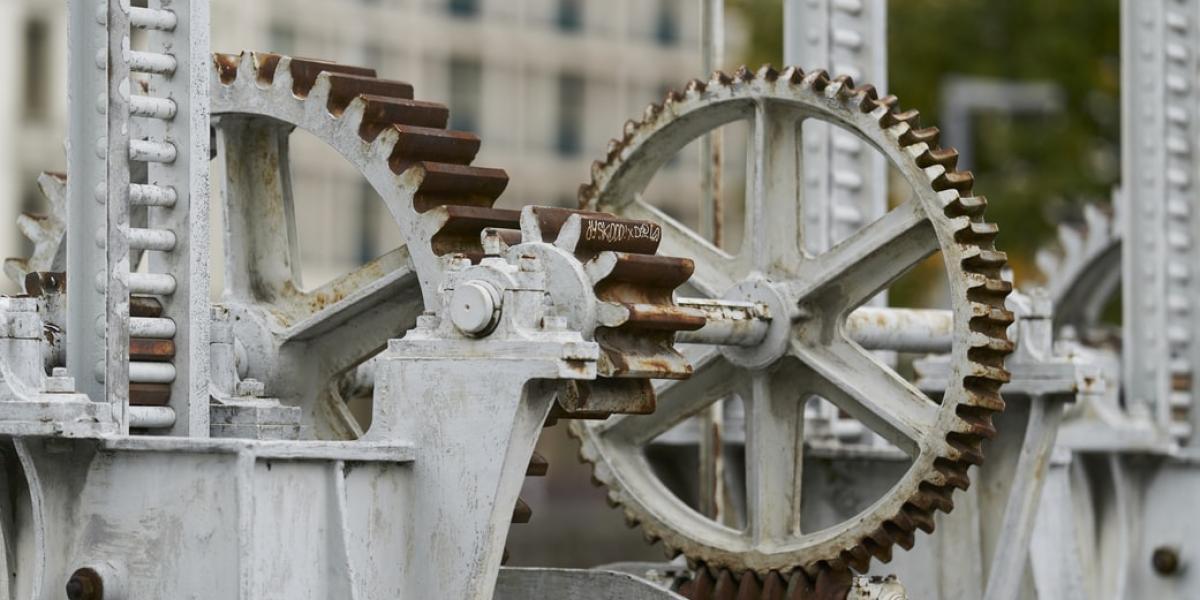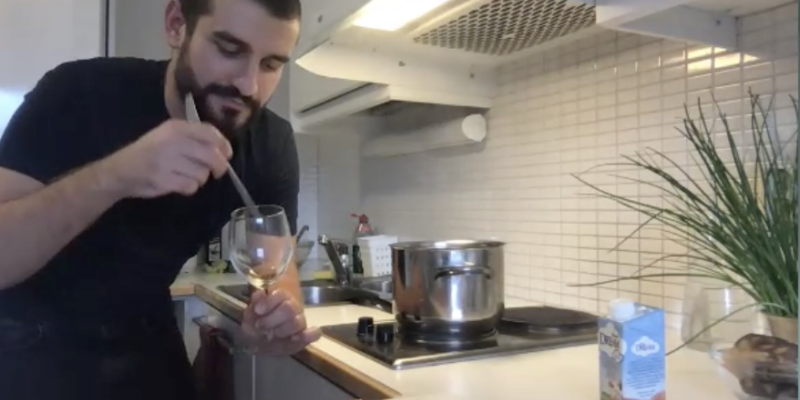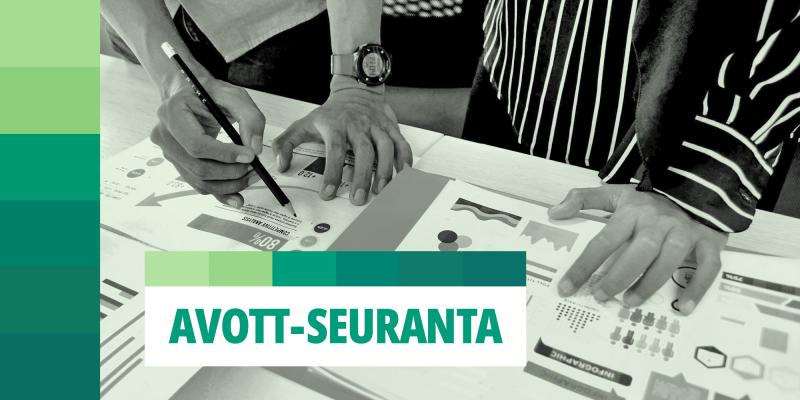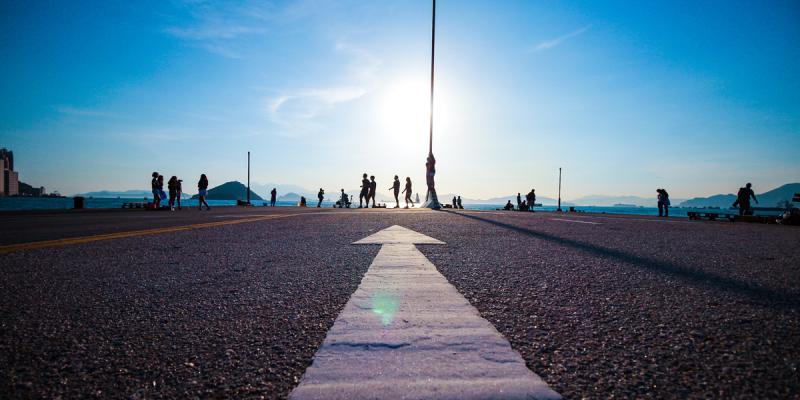
Read the summary of the past webinar organized by EOSC Finnish Forum and find the webinar materials.
EOSC and RDA: different acronyms, common objectives
On the 25th of March 2021, EOSC Finnish Forum organized its second webinar the topic of which was EOSC and RDA: Synergies and Complementarities. The webinar aimed to clarify how the two major initiatives work together and how the community, especially the academic sector, can be involved in them.
The first part of the webinar discussed the links between the European Open Science Cloud (EOSC) and the Research Data Alliance (RDA). Hilary Hanahoe, Secretary General of the RDA, gave a brief introduction to the RDA and its vision of researchers and innovators openly sharing and reusing data across technologies, disciplines and countries to address the grand challenges of society.
RDA has 97 groups working on global data interoperability challenges and nearly 12.000 members from all around the globe which makes it an ideal forum for knowledge sharing for individuals and organizations alike as well as an excellent resource for EOSC in its aspirations for internationalization. Read more about the RDA.
Timea Biro, Project Manager at the Digital Repository of Ireland (DRI), continued by presenting a co-creation initiative that RDA is carrying out together with DRI and Digital Curation Center (DCC). The study is called RDA for EOSC and it is funded by EOSCsecretariat.eu. With the aim of supporting disciplinary and organizational engagement in EOSC, the research team will map the state of awareness and readiness of domains and disciplinary communities to engage with EOSC and provide recommendations for future engagement.
The work is still on-going but already at this point it is clear that the more engaged communities are the ESFRIs whereas the underrepresented communities are those active in the areas of renewable energy, Material and Chemical Sciences among others. The final report will be available in summer of 2021.
Towards structured research assessment practices
The second part of the webinar focused on the topic of researchers’ incentives and rewards. There is a broad consensus in Europe and even on the global scale that research assessment practices require reformation. Two novel openings in this area were presented in the webinar.
First, Catriona MacCallum, Director of Open Science at Hindawi, presented the initial plans for a global research assessment registry. The idea emerged from the Open Science Policy Platform (OSPP) last year. The concept is still in the very early stage but it seems nevertheless very promising. The aim is to create a searchable database of policy interventions and practices in multiple contexts with the possibility to filter and locate information depending on for example discipline, jurisdiction, the study size or the organization type.
The registry will support the alignment of Open Research practices and policies between funders and institutions and catalyze innovation. It will not become a monitoring nor evaluation framework, Catriona emphasized. Instead, it will become an open and community driven learning and knowledge exchange platform that will help in answering the question what “excellence” or “high quality” research and research practice really mean. That´s definitely something else than just publications, she noted.
Then, Henriikka Mustajoki, Head of Development at Federation of Finnish Learned Societies (TSV) and national Open Science Coordinator, explained how building FAIR Assessment Infrastructure can support the big cultural change in research assessment. “If we want to increase the production of FAIR data, we need to also make sure that is visible in our assessment changes”, she noted and presented a deliverable that was produced in the context of an EOSC co-creation project hosted by TSV.
In order to revamp the research assessment system and reward FAIR practices, new data is needed. FAIR assessment infrastructure can help in this. It should be FAIR and responsible. Hence, it is actually called FAIReR. It is envisioned to capture data from multiple sources, like for example data citations, open access teaching materials, narrative CVs and publishing efforts. International forum for dialogue is needed for professionals whose work relate to research assessment so that the development of this novel infrastructure can proceed coherently. Necessary networks could be found within RDA and EOSC.
RDA: What´s in for Finland?
The third part of the webinar presented activities that are being carried out in Finland regarding EOSC and RDA.
First, Ari Asmi, Research Coordinator at University of Helsinki, told the audience about his experience in working for open science in RDA, EOCS and ENVRI-FAIR Cluster project that he is currently co-leading. He helped the audience to navigate the landscape of the different initiatives and explained how they all support each other in different ways.
After that, Heidi Laine, Customer Solution Manager at CSC – IT Center for Science, took a retro perspective on RDA Finland Node that CSC hosted between 2018–2020 as a part of the RDAEU4.0 project. Even though the RDAEU4.0 project has formally ended, the RDA activities performed in the node will continue in Finland under the remit of the EOSC Finnish Forum. As when it comes to interoperability, Europe is not the entire world and the RDA connections are more important than ever, said Heidi.
Finally, it was time for the panel discussion which was moderated by the former CSC colleague and RDA pioneer, Leif Laaksonen. During his professional career, he worked as Director at CSC and acted as one of the founders of RDA. The panelists were Ari, Hilary, Heidi and Anders Conrad, Head of the Data Management and Storage department at DeiC, Danish e-Infrastructure Cooperation.
All the panelists agreed that there is need for both RDA and EOSC. They should not be merged even though they have very similar visions. Anders described EOSC being mostly a top-down initiative that started from the European Commission whereas RDA is a bottom-up initiative where individuals can be involved directly in the topics of their interest together with other like-minded people from other scientific disciplines.
Panelists also discussed the need of improving researcher engagement in EOSC, and RDA was recognized as a suitable channel.
All in all, RDA might prove to be a really precious resource for EOSC both to boost its future developments and uptake, concluded Sara Garavelli, EOSC Finnish Forum Coordinator.
Photo: Xavier von Erlach, Unsplash


